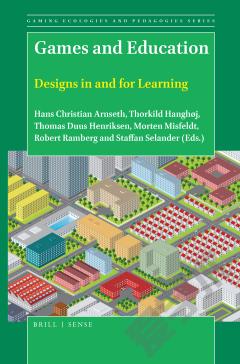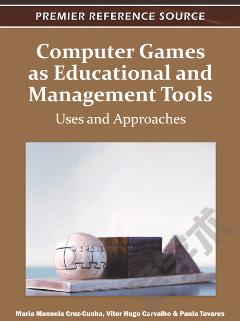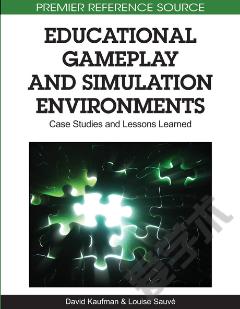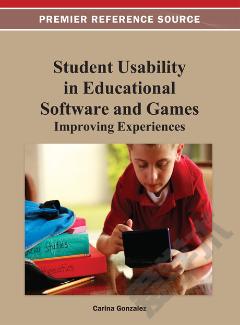Educational Games: Design, Learning and Applications
The pervasive use of games by students and their integration in formal education by a number of pioneer teachers creates a need for a different frame-of-mind to look at the learning experience offered by such innovative technology-enhanced learning experiences. Educational computer games are related to two disciplines, which are computer sciences (in particular, eLearning and related areas) and games development. A pattern-based design approach to overcome the problems and challenges of learning-games is proposed in this book. The aim is to awaken the learning-game community to approach learning-game design more structurally and to motivate them to communally create a theoretical and practical basis for learning-game design and game-based learning research. Furthermore, given the popularity of computer games and the educational and ethical problems they raise, we need a way of evaluating games. This book contributes to this task by articulating the epistemic, moral, and ethical aims of education and by applying these criteria to computer games.
{{comment.content}}








 京公网安备 11010802027623号
京公网安备 11010802027623号